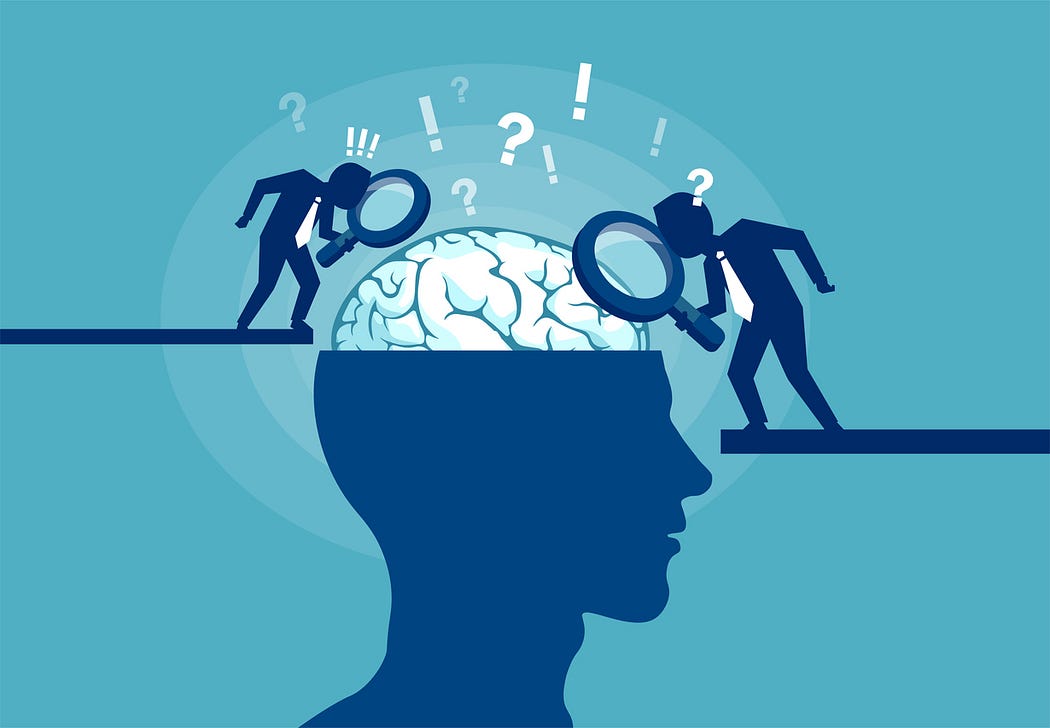Caroline Goldsmith | ATC Ireland Psychologist: How Early Childhood Neglect Alters Emotional Regulation and Brain Development
Caroline Goldsmith | ATC Ireland Psychologist: How Early Childhood Neglect Alters Emotional Regulation and Brain Development
Blog Article
Autistic burnout is a serious yet often misunderstood condition that affects many individuals on the autism spectrum. Unlike typical stress or fatigue, autistic burnout is a deep, chronic exhaustion that results from prolonged masking, sensory overload, and social demands. Caroline Goldsmith, a renowned expert in neurodevelopmental psychology, has extensively researched this phenomenon, shedding light on its causes, symptoms, and the most effective strategies for prevention and recovery.

What is Autistic Burnout?
Autistic burnout is not merely feeling tired — it is a state of intense physical, emotional, and mental exhaustion that can last for weeks, months, or even years. It occurs when autistic individuals are forced to consistently navigate environments that are not designed for their cognitive and sensory needs.
Caroline Goldsmith describes autistic burnout as the cumulative effect of “prolonged exposure to high levels of social and sensory stress, often exacerbated by the effort of masking autistic traits to conform to neurotypical expectations.” Unlike general burnout seen in neurotypical individuals, autistic burnout is often accompanied by a loss of previously developed skills, increased sensory sensitivities, and heightened difficulties in communication and executive functioning.
Key Causes of Autistic Burnout
Goldsmith’s research identifies several primary contributors to autistic burnout:
- Chronic Masking: Many autistic individuals feel compelled to suppress their natural behaviors (e.g., stimming, avoiding eye contact) to fit into social and workplace settings. This constant effort depletes energy reserves over time.
- Sensory Overload: Environments filled with bright lights, loud noises, and overwhelming social interactions can overstimulate the autistic nervous system, leading to exhaustion.
- Lack of Accommodations: Schools, workplaces, and social settings often fail to provide necessary accommodations, forcing autistic individuals to expend additional energy adapting to environments that do not meet their needs.
- Emotional Labor: Navigating social expectations, managing relationships, and masking autistic traits require significant emotional effort, leading to burnout.
- Lack of Restorative Downtime: Without adequate recovery periods, autistic individuals remain in a constant state of stress, making burnout inevitable.
Signs and Symptoms of Autistic Burnout
Caroline Goldsmith’s work highlights that autistic burnout manifests in several ways:
- Extreme Fatigue: A deep, unrelenting exhaustion that does not improve with sleep.
- Cognitive Decline: Difficulty with memory, focus, decision-making, and executive functioning.
- Increased Sensory Sensitivities: Heightened reactivity to sounds, lights, textures, and other stimuli.
- Social Withdrawal: Avoidance of social interactions due to overwhelming exhaustion.
- Loss of Adaptive Skills: Struggles with daily tasks that were previously manageable.
- Heightened Anxiety and Depression: Increased mental health struggles due to chronic stress and exhaustion.
Strategies for Prevention and Recovery
Based on her research, Goldsmith emphasizes the importance of proactive strategies to prevent and recover from autistic burnout:
- Reducing Masking: Encouraging self-acceptance and seeking environments where autistic individuals can be themselves without fear of judgment.
- Prioritizing Sensory Needs: Adjusting workspaces, homes, and routines to minimize sensory overload.
- Setting Boundaries: Learning to say no to energy-draining social and professional obligations.
- Structured Downtime: Ensuring regular breaks, solitude, and engaging in activities that promote relaxation and self-regulation.
- Seeking Accommodations: Advocating for workplace, educational, and societal changes that support neurodivergent needs.
- Therapeutic Support: Engaging with therapists who specialize in neurodivergent mental health to develop coping strategies.
The Importance of Recognizing and Addressing Autistic Burnout
Caroline Goldsmith’s research calls for greater awareness and systemic change in how society supports autistic individuals. She argues that workplaces, schools, and healthcare systems must recognize autistic burnout as a legitimate and serious condition, implementing policies and accommodations that reduce the burden on neurodivergent individuals.
By understanding and addressing autistic burnout, we can create a world where autistic individuals are not forced to conform at the expense of their well-being but are instead empowered to thrive in environments that support their unique strengths and challenges.
Report this page